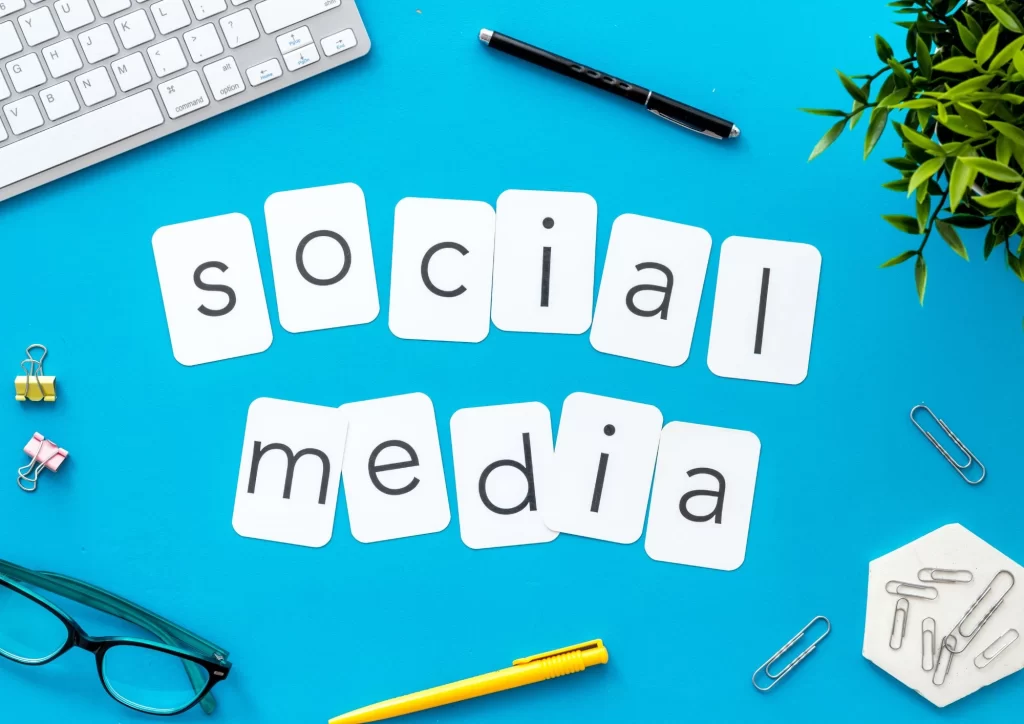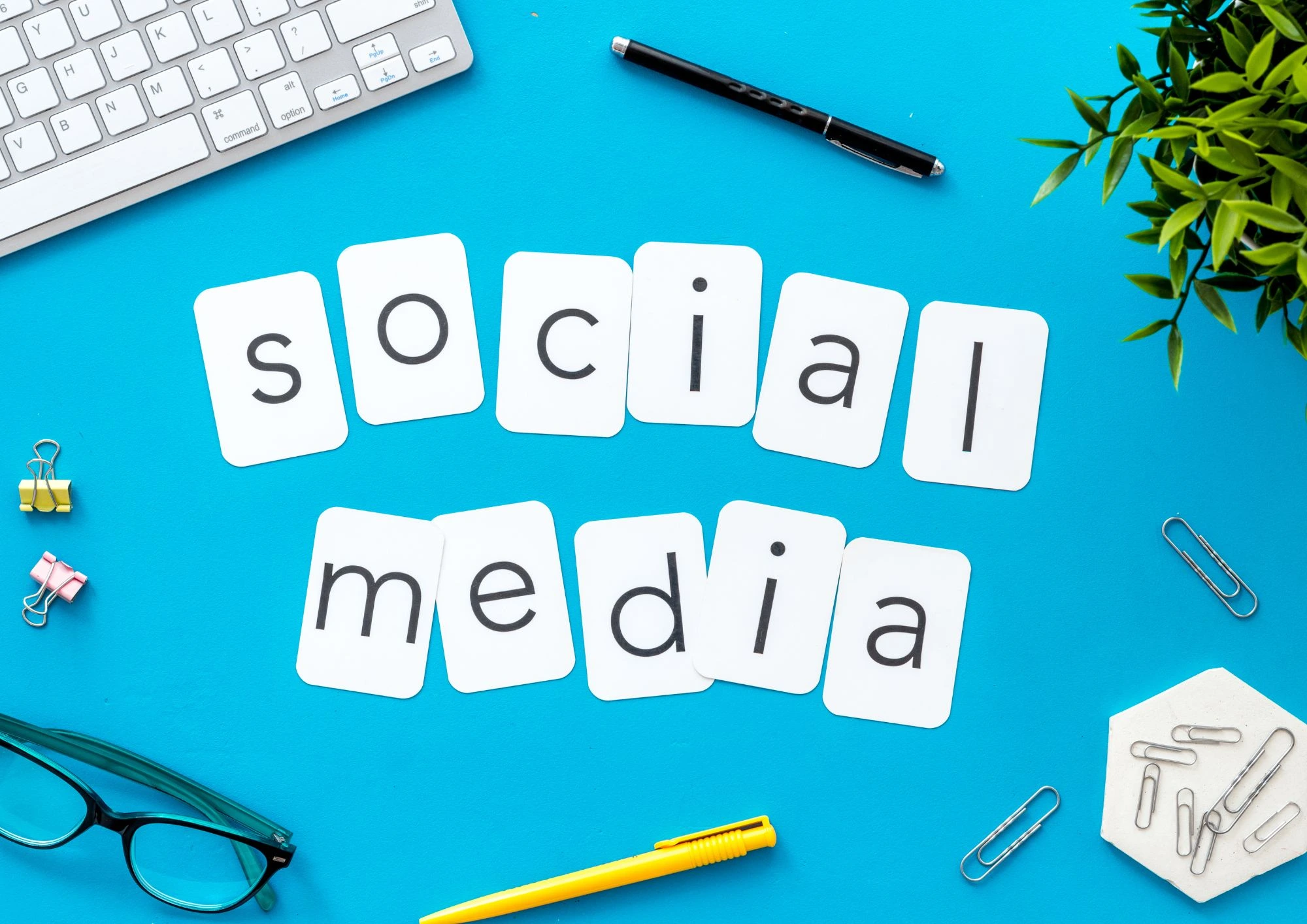
In today’s digital world, social media marketing is more than just a way to connect with audiences it’s a powerful tool for boosting website traffic and enhancing SEO. While social media does not directly impact search rankings, its influence on engagement, brand visibility, and content distribution can significantly improve your website’s performance.

Let’s explore how social media helps drive traffic and contributes to better SEO results.
1. Increased Website Traffic Through Social Media
Social media platforms serve as powerful channels for promoting your content and directing users to your website. Here’s how:
- Sharing Engaging Content: Posting high-quality blog articles, infographics, and videos on platforms like Facebook, LinkedIn, and Twitter encourages users to visit your site.
- Call-to-Action (CTA) Optimization: Adding clear CTAs like “Read More,” “Shop Now,” or “Sign Up” helps drive traffic from social posts to your website.
- Hashtag Strategy: Using relevant hashtags on Instagram, Twitter, and LinkedIn helps increase content discover ability, attracting new visitors.
- Viral Potential: If your content resonates with users, it can go viral, leading to a massive spike in website traffic.
2. Social Signals & SEO Impact
Although social media does not directly affect Google’s ranking algorithm, it generates social signals that influence SEO.
- Increased Content Visibility: The more people share and engage with your content, the higher its chances of getting backlinks from other websites.
- Brand Awareness & Trust: Active social media presence builds credibility, leading to more branded searches on Google, which can improve your rankings.
- Improved Dwell Time: When users land on your site through social media and spend time engaging with your content, search engines consider your site valuable.
3. Social Media & Backlink Opportunities
Backlinks from high-authority websites improve SEO rankings, and social media is a great way to attract quality backlinks.
- Content Distribution: Sharing blog posts on LinkedIn and Twitter increases their chances of being referenced by bloggers or journalists.
- Networking with Influencers: Engaging with industry influencers on social media can lead to them linking back to your site.
- Guest Posting & Community Engagement: Being active in relevant Facebook groups and Reddit discussions can help drive referral traffic and backlinks.
4. Social Media & Local SEO
For local businesses, social media helps enhance local search visibility:
- Google My Business (GMB) & Social Integration: Regularly updating social media pages and linking them to GMB strengthens local SEO.
- User-Generated Content & Reviews: Positive reviews on Facebook and Instagram improve credibility and drive local traffic.
- Location Tags & Check-Ins: Encouraging customers to tag your business helps increase your local visibility.
5. Best Practices to Leverage Social Media for SEO & Traffic
Here are actionable tips to maximize social media’s impact on website traffic and SEO:
Post Consistently – Maintain a content calendar to keep your audience engaged.
Use SEO-Friendly Hashtags & Keywords – Incorporate trending hashtags and search-friendly terms in your social posts.
Encourage Social Sharing – Add social sharing buttons to your blog posts for easy distribution.
Engage with Your Audience – Reply to comments, participate in discussions, and build a community around your brand.
Repurpose Content – Convert blog posts into infographics, reels, and carousels to reach different audiences.
Conclusion
While social media may not directly affect SEO rankings, it significantly boosts website traffic, brand visibility, and content reach, all of which contribute to better search performance. A well-planned social media marketing strategy can enhance your online presence, attract more visitors, and improve your website’s overall authority.